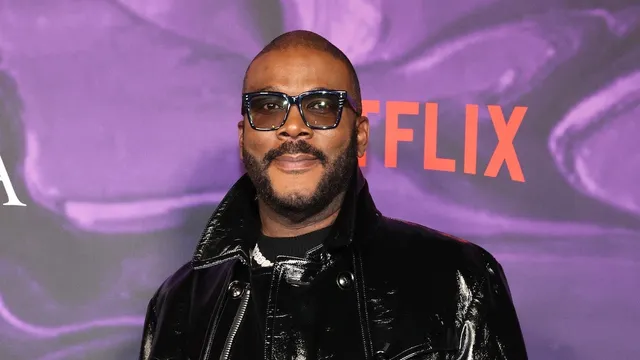In a significant move that underscores the burgeoning impact of artificial intelligence (AI) on traditional industries, renowned media mogul Tyler Perry has announced an indefinite pause on his studio’s planned $800 million expansion. Citing the potential of AI, particularly OpenAI’s Sora model, to revolutionize content creation, Perry’s decision reflects a broader industry reckoning with the rapid technological advancements and their implications for the workforce.
AI’s influence on content creation
Perry’s studio, known for its expansive backlot and multiple soundstages, was poised for a substantial growth phase, including 12 new soundstages to its existing infrastructure. However, the advent of AI technologies like Sora, which can generate videos from text prompts, has prompted Perry to reassess the necessity of physical expansions. Although not yet available to the public, the Sora model has demonstrated remarkable abilities to create realistic scenes and settings without the need for on-location shooting or elaborate set constructions.
The implications of such technology are profound, offering content creators unprecedented flexibility and cost savings. For Perry, the ability to generate scenes set in diverse locations—from snowy landscapes in Colorado to the moon’s surface—using simple text prompts negates the need for extensive studio spaces and sets. This shift towards digital production methods could streamline operations and pose significant challenges for industry professionals traditionally involved in the physical aspects of content creation.
Impact on industry jobs and prospects
The decision to put the studio expansion on hold has far-reaching consequences for the employment landscape within the entertainment industry. Perry expressed concerns over the potential job losses among construction workers, contractors, and a wide range of film production roles, including actors, grips, electricians, transport workers, sound engineers, and editors. The move highlights a growing tension between technological progress and its impact on traditional employment, underscoring the need for the industry to adapt to these changes.
Perry’s announcement has sparked a conversation about the future of content creation, emphasizing the need for a balanced approach that leverages AI’s capabilities while addressing the socio-economic ramifications. As the industry navigates this transition, the role of creatives and technical professionals will evolve, focusing on integrating new technologies into the creative process without displacing the human element at the heart of storytelling.
Adaptation and innovation
As the entertainment sector stands at the cusp of a digital revolution, Perry’s proactive stance on AI and its potential applications catalyzes broader discussions on innovation, adaptation, and the future of work. The industry is urged to explore new paradigms where technology and human creativity coexist, fostering an environment where technological advancements enhance rather than replace the contributions of industry professionals.
In the wake of Perry’s announcement, the focus turns to developing strategies that equip workers with the skills needed to thrive in a changing landscape. Education and training programs and policy measures that support workforce transition are essential in ensuring a smooth adaptation to the digital age. Moreover, the dialogue between tech developers, content creators, and industry stakeholders is crucial in shaping AI technologies that complement the creative process while minimizing negative impacts on employment.
Tyler Perry’s decision to pause his studio’s expansion in light of AI’s rise in content creation marks a pivotal moment for the entertainment industry. It signals a shift towards embracing digital innovation while acknowledging its challenges to traditional job roles and production methods. As the industry looks forward, the balance between technological advancement and human talent remains a key focus, shaping the future of storytelling in the digital era.





